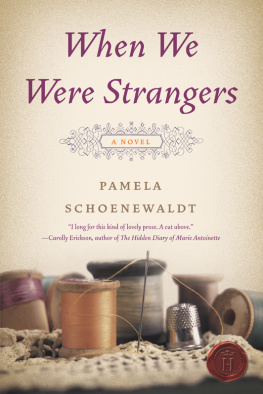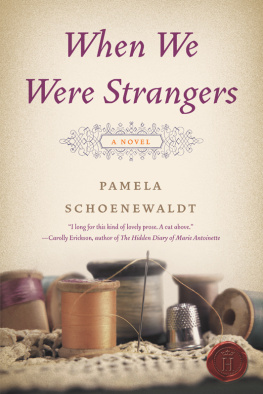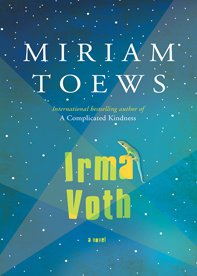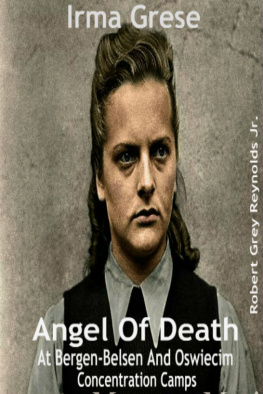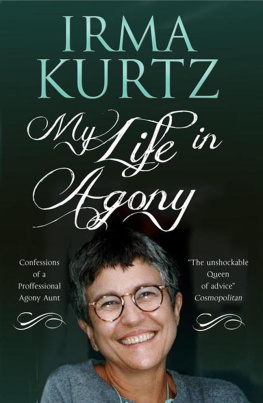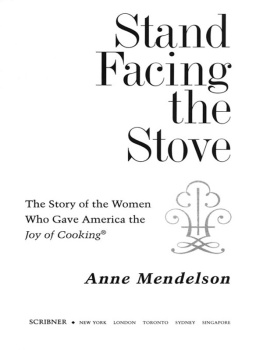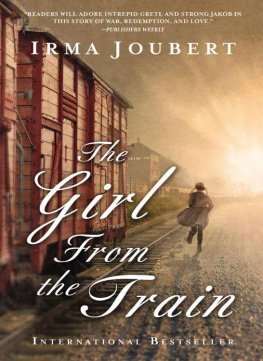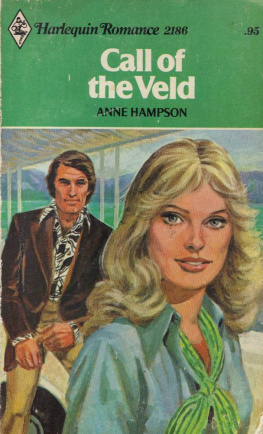Pamela Schoenewaldt - When We Were Strangers: A Novel
Here you can read online Pamela Schoenewaldt - When We Were Strangers: A Novel full text of the book (entire story) in english for free. Download pdf and epub, get meaning, cover and reviews about this ebook. City: New York, year: 2014, publisher: William Morrow Paperbacks;HarperCollins, genre: Art. Description of the work, (preface) as well as reviews are available. Best literature library LitArk.com created for fans of good reading and offers a wide selection of genres:
Romance novel
Science fiction
Adventure
Detective
Science
History
Home and family
Prose
Art
Politics
Computer
Non-fiction
Religion
Business
Children
Humor
Choose a favorite category and find really read worthwhile books. Enjoy immersion in the world of imagination, feel the emotions of the characters or learn something new for yourself, make an fascinating discovery.
- Book:When We Were Strangers: A Novel
- Author:
- Publisher:William Morrow Paperbacks;HarperCollins
- Genre:
- Year:2014
- City:New York
- Rating:5 / 5
- Favourites:Add to favourites
- Your mark:
When We Were Strangers: A Novel: summary, description and annotation
We offer to read an annotation, description, summary or preface (depends on what the author of the book "When We Were Strangers: A Novel" wrote himself). If you haven't found the necessary information about the book — write in the comments, we will try to find it.
Abstract: Introduction If you leave Opi, youll die with strangers, Irma Vitales mother always warned. Even after her beloved mothers passing, 20-year-old Irma longs to stay in her Abruzzo mountain village, plying her needle. But too poor and plain to marry and subject to growing danger in her own home, she risks rough passage to America and workhouse servitude to achieve her dream of making dresses for gentlewomen. In the raw immigrant quarters and with the help of an entrepreneurial Irish serving girl, ribbon-decked Polish ragman and austere Alsatian dressmaker, Irma begins to stitch together a new life ... until her peace and self are shattered in the charred remains of the Great Chicago Fire. Enduring a painful recovery, Irma reaches deep within to find that she has even more to offer the world than her remarkable ability with a needle and thread Questions for Discussion 1. Irmas practical skills and world knowledge seem so limited, even compared to those of her brother Carlo. What abilities and traits help her navigate the difficult passages from Opi to Naples and then west 2. Irmas mother devoutly believes that If you leave Opi, you will die with strangers. How does this assertion shape Irmas experience and how does she ultimately refine it in a way that allows her to move forward in her journey How does this family assertion compare to others you may have encountered 3. Opi, real and remembered, is a powerful force for Irmas self-image and world-view. How does her conception of Opi change through the novel 4. Unlike many fictional heroines and perhaps many young women, Irma initially has little interest in a romantic union. Why not and what must change for her to have a satisfying intimate relationship 5. At various times in her journey, Irma makes choices which she herself feels are at odds with the Irma Vitale that she really is. Is she accurate in this assessment 6. Irma Vitale is surrounded by immigrants as she makes her passage west. What various ways of relating to the Old Country are represented by these other immigrants, her fellow strangers 7. Sofia gives Irma the option to leave Jake and Daisys flat. Yet Irma stays. How does this choice reflect her course since first encountering Jake 8. Irmas profession evolves from needle worker to dressmaker and finally surgeon. What inner changes parallel this evolution 9. Today, as in Irmas time, many people live far from their birthplace for a variety of reasons. What pressures, challenges and supports seem universal about her experience About the Author Pamela Schoenewaldt lived for ten years in a small town outside Naples, Italy. Her short stories have appeared in literary magazines in England, France, Italy and the United States. She taught writing for the University of Maryland, European Division and the University of Tennessee and now lives in Knoxville, Tennessee with her husband, Maurizio Conti, a medical physicist, and their dog Jesse, a philosopher
Pamela Schoenewaldt: author's other books
Who wrote When We Were Strangers: A Novel? Find out the surname, the name of the author of the book and a list of all author's works by series.

